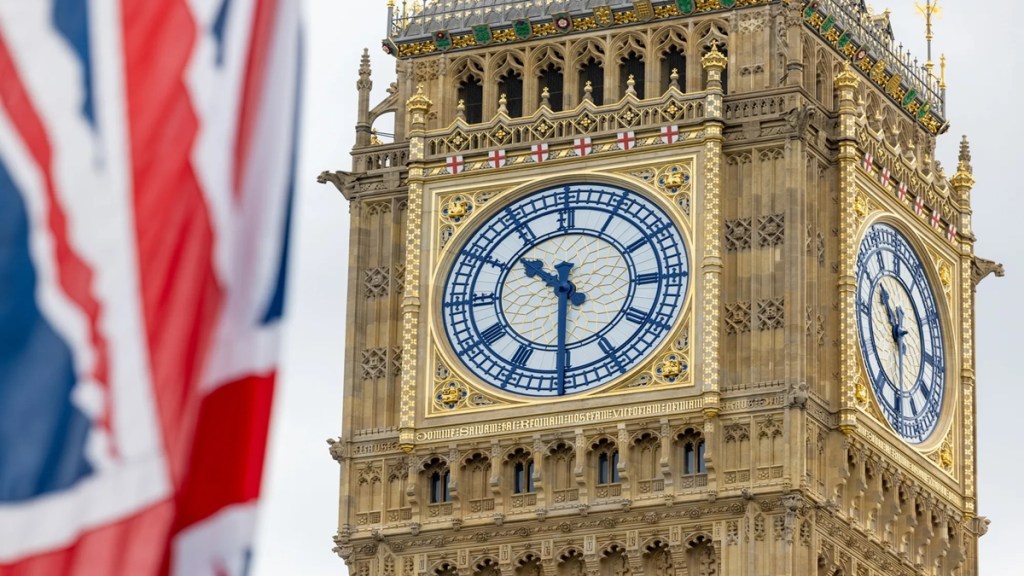UK Prime Minister Keir Starmer is visiting India to promote a trade deal signed in July 2025, which will take effect in 2026. Before leaving for India, Starmer clarified to reporters that the UK has no plans to open up more visa routes to Indian workers or students.
Currently, there are at least three special visa routes available to Indians – the High Potential Individual (HPI) visa, the India Young Professionals Scheme and the Global Talent visa.
Global Talent Visa
With a Global Talent visa (GTV), you can work in the UK if you have an endorsement as a leader or potential leader in digital technology, for example, in financial technology, gaming, cybersecurity, or artificial intelligence.
With a Global Talent visa, you can choose to be an employee, self-employed and a director of a company. You can also change or stop doing your job without telling the Home Office.
If you want to stay longer in the UK, you can renew your visa after 5 years as many times as you like – you’ll have to meet the eligibility criteria for extending your stay.
You can also apply to settle permanently in the UK, also known as ‘indefinite leave to remain’, after 3 years if you’re applying as a leader and 5 years if you’re applying as a potential leader.
You do not need a job offer to get a visa. Your background can be either technical, for example, you’re a developer, engineer, or data scientist, or business, for example, you have commercial, investment, or digital product expertise in a technology company that creates software, hardware, or processes data.
The importance of the FTV has increased after Trump introduced the $100k H-1B petition fee on foreign talent hiring by US companies.
“The effect this change will have will be profound, particularly in India where evidence suggests those who were considering moving to the US are looking at other territories, particularly the UK. We are beginning to see a surge in interest in the Global Talent Visa, which the British government is now actively promoting following events in the US,” says Yash Dubal of A Y & J Solicitors, UK.
Earlier this month, UK Chancellor Rachel Reeves announced plans to double the annual quota for high-skilled foreign worker visas to approximately 18,000 and expand global talent and high-potential individual visa routes.
“There are proposals under active consideration to abolish visa fees for high-tier applicants, such as prize-winners. There is also an indication that ILR will be easier for those on both the GTV and HPI routes. It is also proposed that the number of qualifying institutions for the HPI route will be doubled.
The messaging from the government is clear. At a time when the US is shutting down its skilled immigration routes, the UK is opening the door and welcoming highly trained and skilled workers,” adds Dubal.
High-Potential Individual Visa
A High Potential Individual (HPI) visa permits you to stay in the UK for 2 years. To apply, you must have been awarded a qualification by an eligible university in the last 5 years. The High Potential Individual visa allows skilled graduates to live and work without a job offer, provided they have received a qualification from an eligible university within the last five years.
Right now, graduates from leading AI institutions like the Indian Institutes of Technology (IITs) and Carnegie Mellon University in the US do not qualify for the UK’s High Potential Individual (HPI) visa. The UK plans to add new pathways or improve existing ones to allow these graduates to come to the UK.
The India Young Professionals Scheme
UK already runs ‘The India Young Professionals Scheme’ that allows Indians between 18 and 30 years old to live and work in the UK for up to 2 years. To apply for the India Young Professionals Scheme visa, you must be selected in the India Young Professionals Scheme ballot that the UK opens intermittently.
To be eligible for the visa, you must be an Indian citizen, be between 18 and 30 years old, have an eligible qualification of bachelor’s degree level or above and have £2,530 in savings, which is approximately Rs 3 lakh.

